The best fleet types for urban vs. rural delivery locations
Ryan Miller
September 25, 2025
.webp)
When it comes to construction supply distribution, no two deliveries are the same. When you’re planning a route to an urban area, like downtown Chicago, New York City, or Houston, your fleet type might differ from when you’re delivering to a rural site off a slow highway.
Here’s what businesses need to know about optimizing their fleets in both scenarios, and the type of logistics solution that best supports an agile approach.
Urban and rural construction materials delivery: the challenges
In urban areas
When delivering to sites in urban areas, the primary challenge is the limited space and site congestion. The streets on the way are narrow, the traffic is slow, and parking and unloading are tricky, especially if the project is located in the downtown core. Many job sites fail to establish dedicated unloading areas or docks, meaning couriers have to double park or attempt to navigate down a too-tight alley. Otherwise, they could risk delays or fines.
This means for urban delivery, timing is everything. Each delivery needs to be carefully planned so that those receiving the order can anticipate the arrival, unload, and store the material as quickly as possible.
Another consideration for couriers and companies is coordination with city regulations. Many cities restrict access to heavy vehicles during peak traffic times or impose stringent weight limits on specific streets. This means construction companies need to rely on smaller vehicles or off-hours deliveries instead. This not only raises the complexity of the delivery, but often, the cost.
Another challenge is related to safety and labor. Downtown project sites are prone to more accidents thanks to the heavy foot traffic, cyclists, and shared parking and delivery zones. Couriers often undergo special training to operate in densely populated areas, and teams receiving goods need to leverage same-day supply and equipment deliveries to prevent clutter and the safety risks that come with it.
In rural areas
On the flip side, rural construction delivery challenges center less on congestion and more on distance and access. In rural areas, sites are often located far from warehouses and distribution hubs, which means higher fuel costs, longer driver travel times, and increased wear and tear on vehicles. A one-hour delivery in a downtown core might take most of the day on a rural site, making scheduling more rigid and costly for shippers. There are also fewer local suppliers in rural areas, meaning that if a site needs a last-minute delivery, it will be harder to access. This leads to extended downtime and potential project delays.
Rural infrastructure also adds a layer of complexity. Many highways and service roads are narrow, poorly paved, and not equipped to support heavier trucks. When you add harsh weather conditions, some routes become dangerous or even impassible. This means deliveries need to be better planned, well in advance, with minimal room for last-minute adjustments.
Lastly, communication and collaboration can be trickier with rural sites. Limited digital tooling and poor cell phone service mean status updates could be missed, and delays could come without warning.
The best construction fleet types in urban and rural areas
So, what does the ideal fleet look like for both urban and rural job sites? Let’s break it down:
Urban construction delivery
- Cargo vans/sprinter vans: These vehicles can maneuver easily in narrow alleys and streets while handling downtown congestion. These are ideal for small to medium loads of materials, parts, and tools.
- Box trucks up to 24 feet: These vehicles offer a great balance of maneuverability and payload. They can handle materials like lumber, drywall, and palletized goods.
- Small to medium flatbeds: These larger trucks are particularly useful when forklifts or cranes are required for drop-off in dense downtown areas with limited loading dock access.
Rural construction delivery
- Straight trucks (24-28 feet): Larger box or flatbed trucks support a higher payload capacity. These are perfect for long hauls in less-congested areas.
- Tractor-trailers and flatbed semis: These are ideal for transporting bulk supplies and materials in high volumes.
- Pickups with trailers: These run-of-the-mill trucks are flexible for mixed loads and smaller runs when needed.
Of course, if you need a specialty vehicle for a less-than-ideal delivery location, there are still ways to make do. But if you can pre-plan as much as possible, opt for something flexible, accessible, and best suited to the site’s conditions.
The bottom line: Delivery logistics need to be agile
If you’re a supplier or distributor, we doubt that you exclusively deliver to either urban or rural sites. Especially if you’re looking to scale. That’s why you need a logistics solution that stays flexible. That’s where Curri comes in.
Curri is a third-party logistics (3PL) software that solves many of the challenges faced by urban and rural distributors. It’s a comprehensive logistics platform that is flexible, scalable, and cost-effective. The real-time collaboration, live tracking, and hotshot support make it the agile answer that conventional couriers can’t match.
Curri users offer a wide range of vehicle types, from sprinter vans to flatbed trucks. This means supplies can be delivered to the most challenging site, whether it be a tight downtown loading dock or a long-distance rural area. The same-day delivery options also make it easy for urban distributors to handle strict city regulations.
A key differentiator with Curri is the ease of use and on-demand scalability. Construction businesses won’t need to maintain their own diverse fleet of trucks for every scenario. Instead, they can simply sign up for Curry and access a nationwide fleet of drivers with vehicles of all types. This reduces overhead costs, boosts delivery reliability, and allows distributors and builders to get back to focusing on the work that matters.
Get Curri today and be ready to deliver just about anywhere
Ready to supercharge your delivery fleet for urban sites, rural areas, and everything in between? Book a demo with the Curri team today, and learn more about our features, services, and how we can help your business scale.
.jpg)








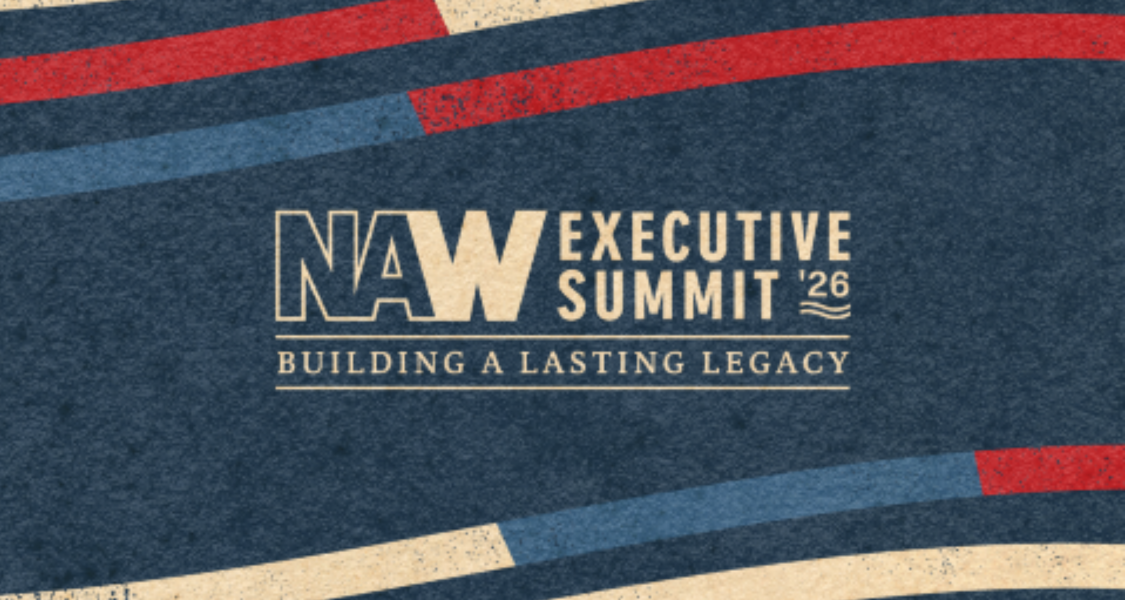

.png)
.jpg)
.jpg)
.jpg)
.jpg)
.jpg)
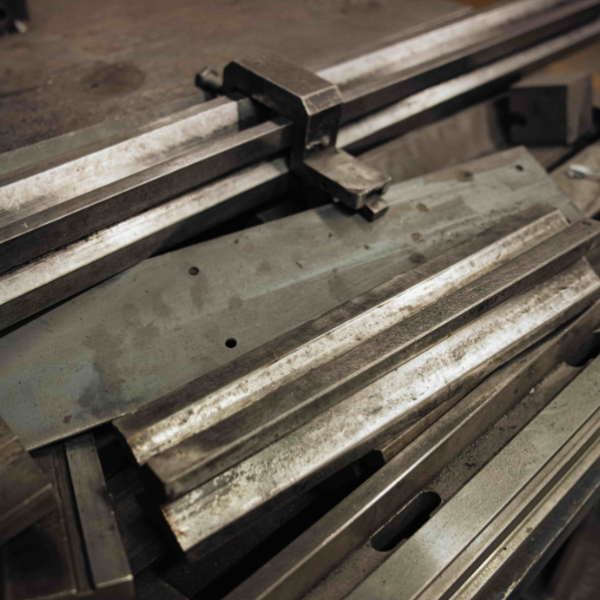
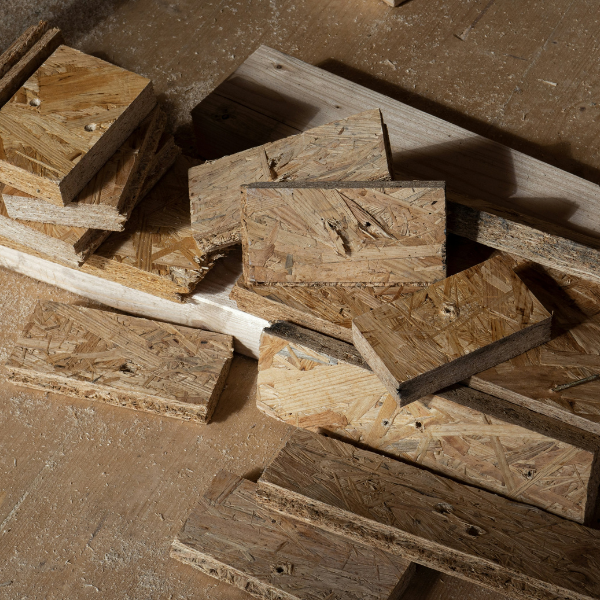
.avif)
-min.avif)

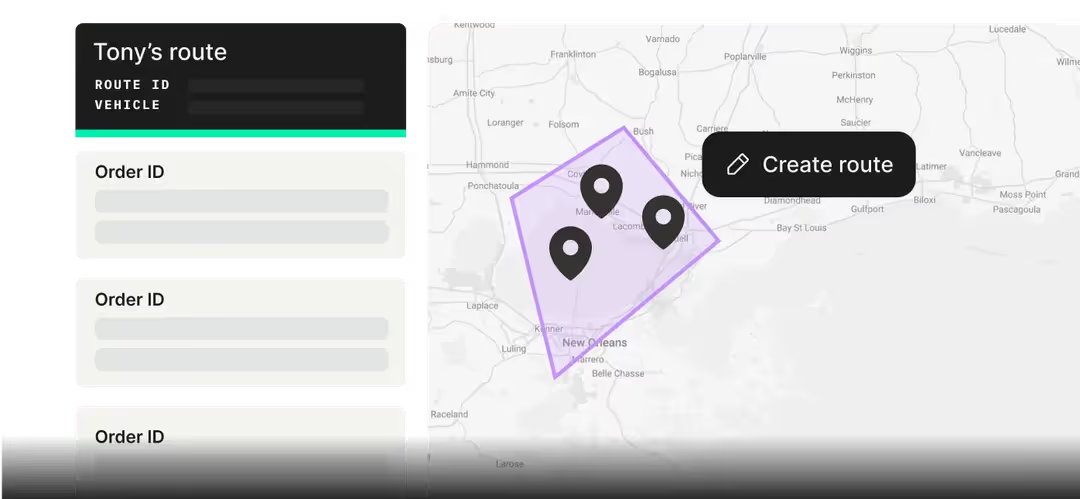
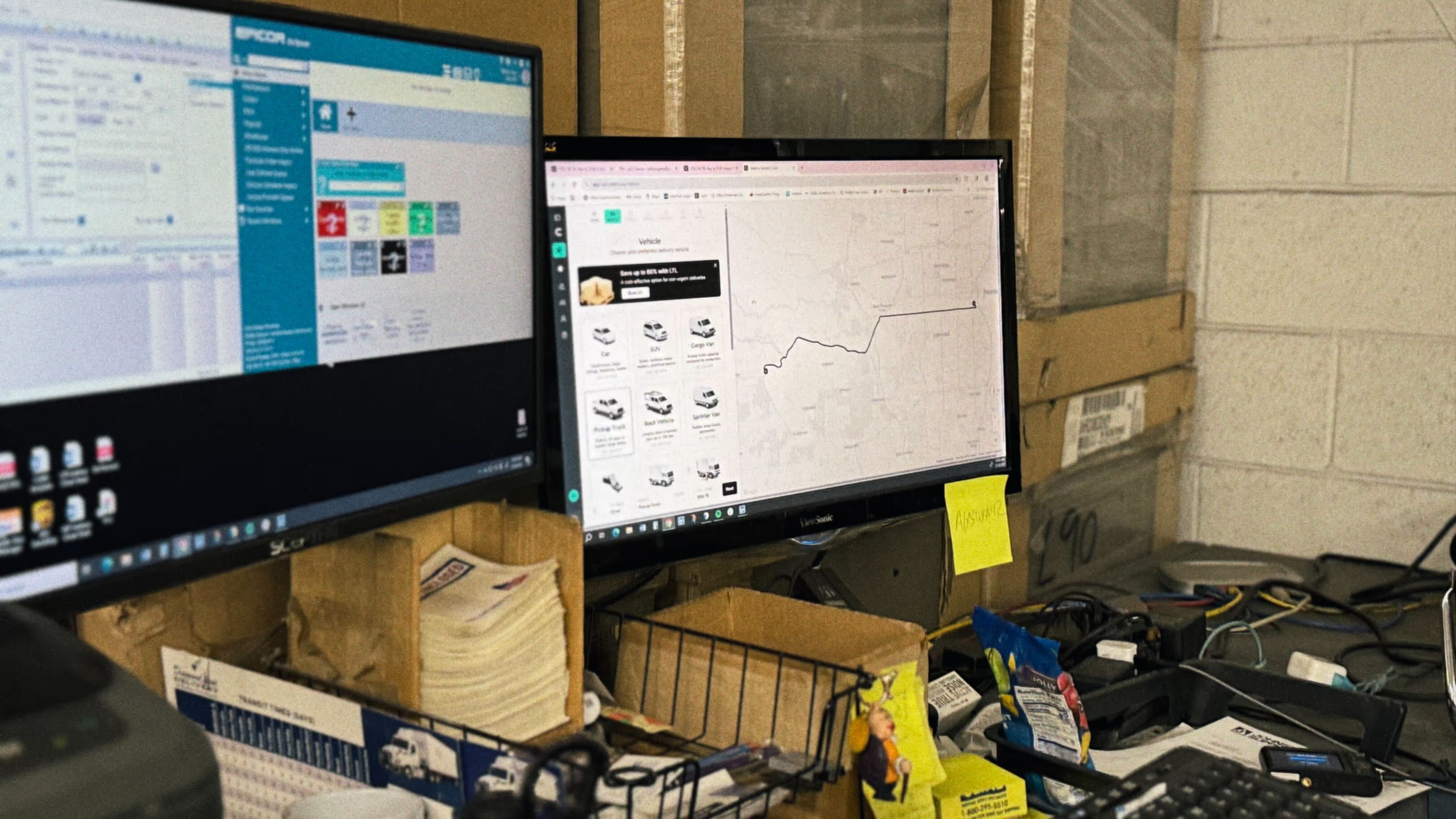
-min-min-min.avif)
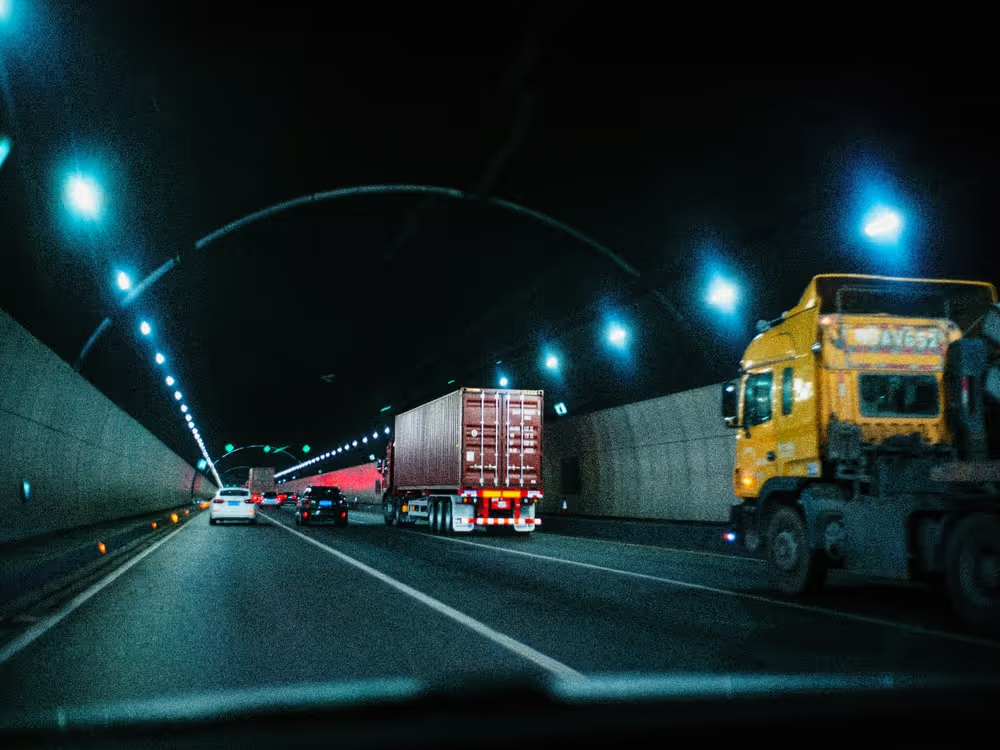
.avif)
-min.jpeg)
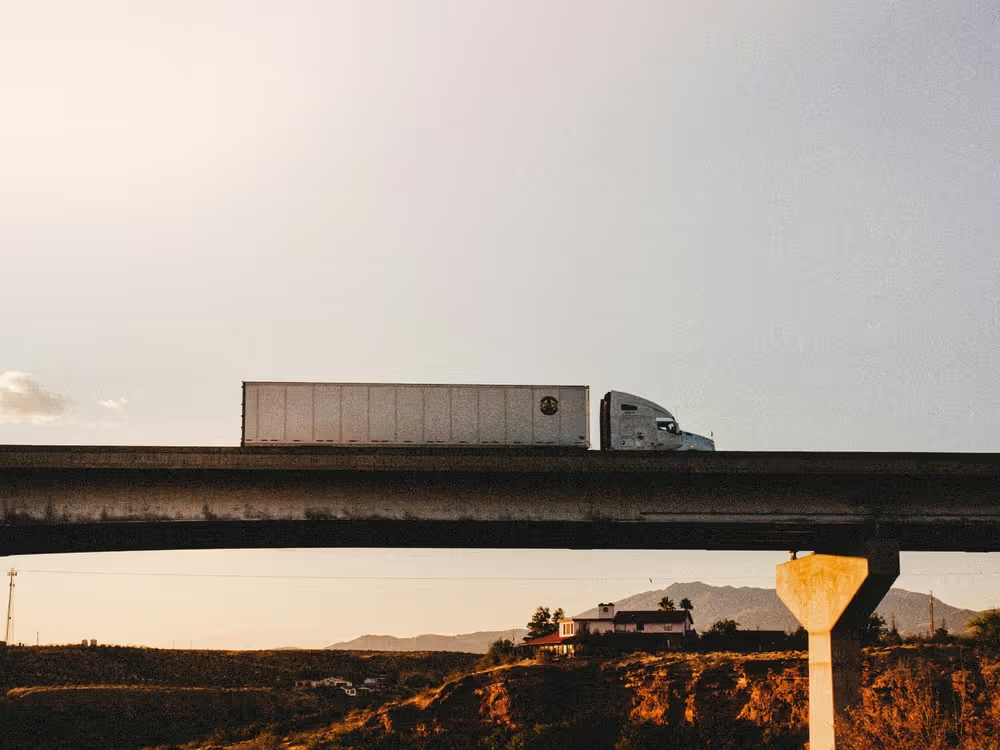

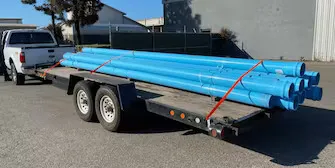
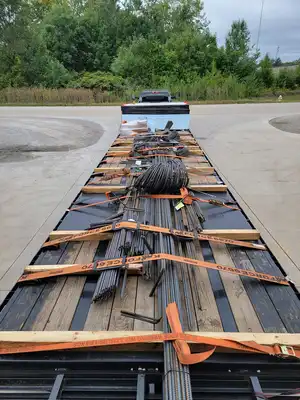

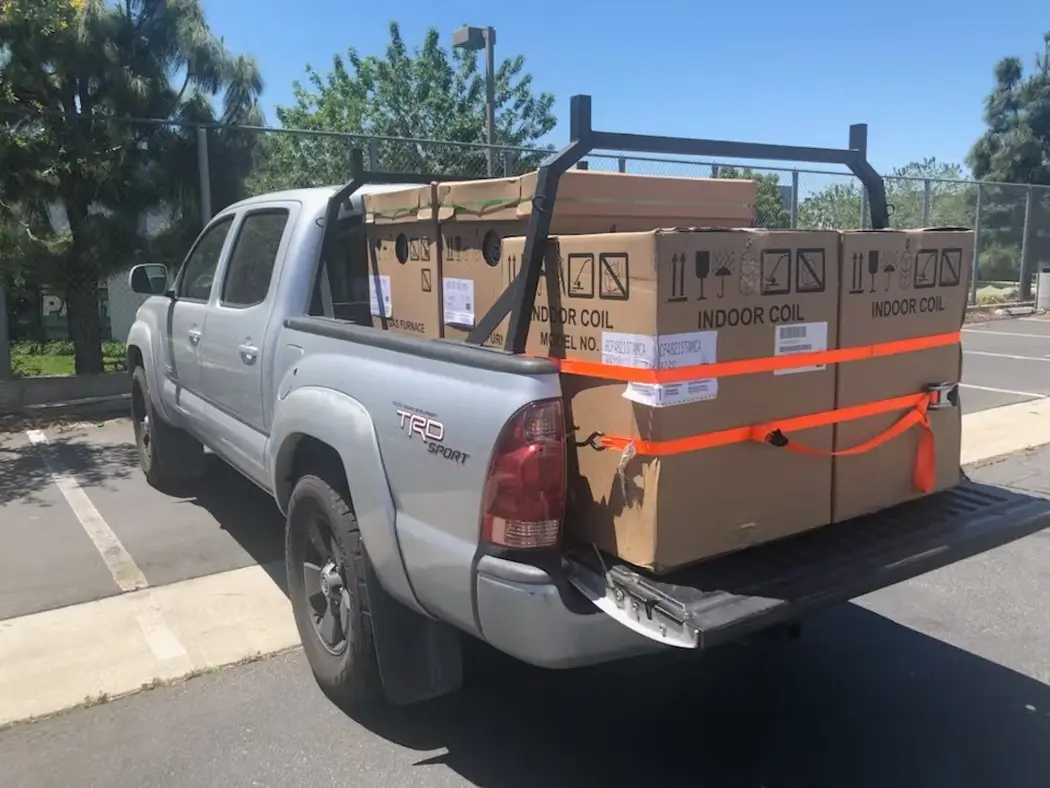
-min.webp)
.webp)
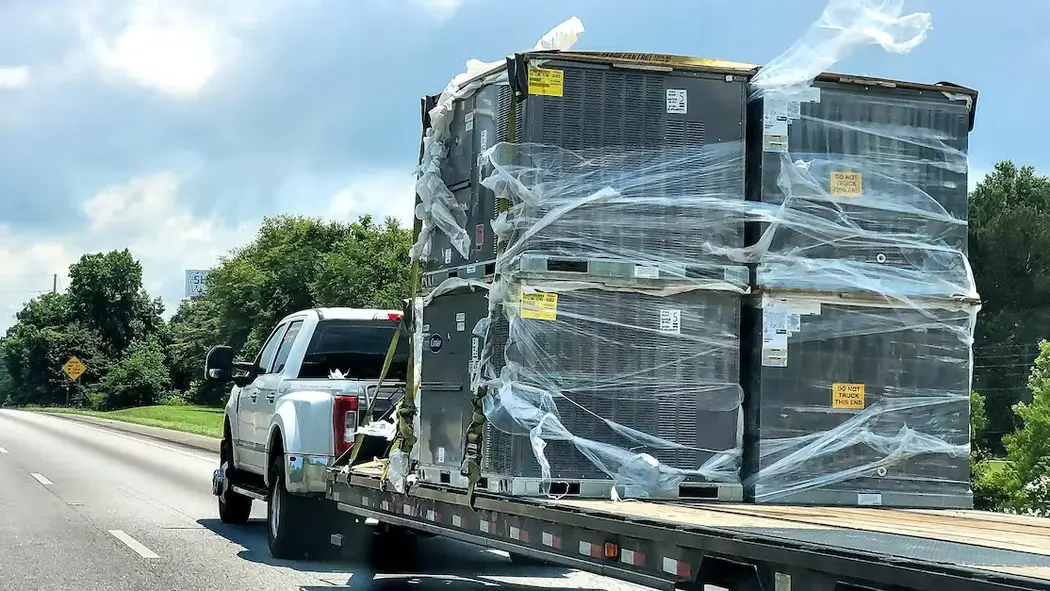
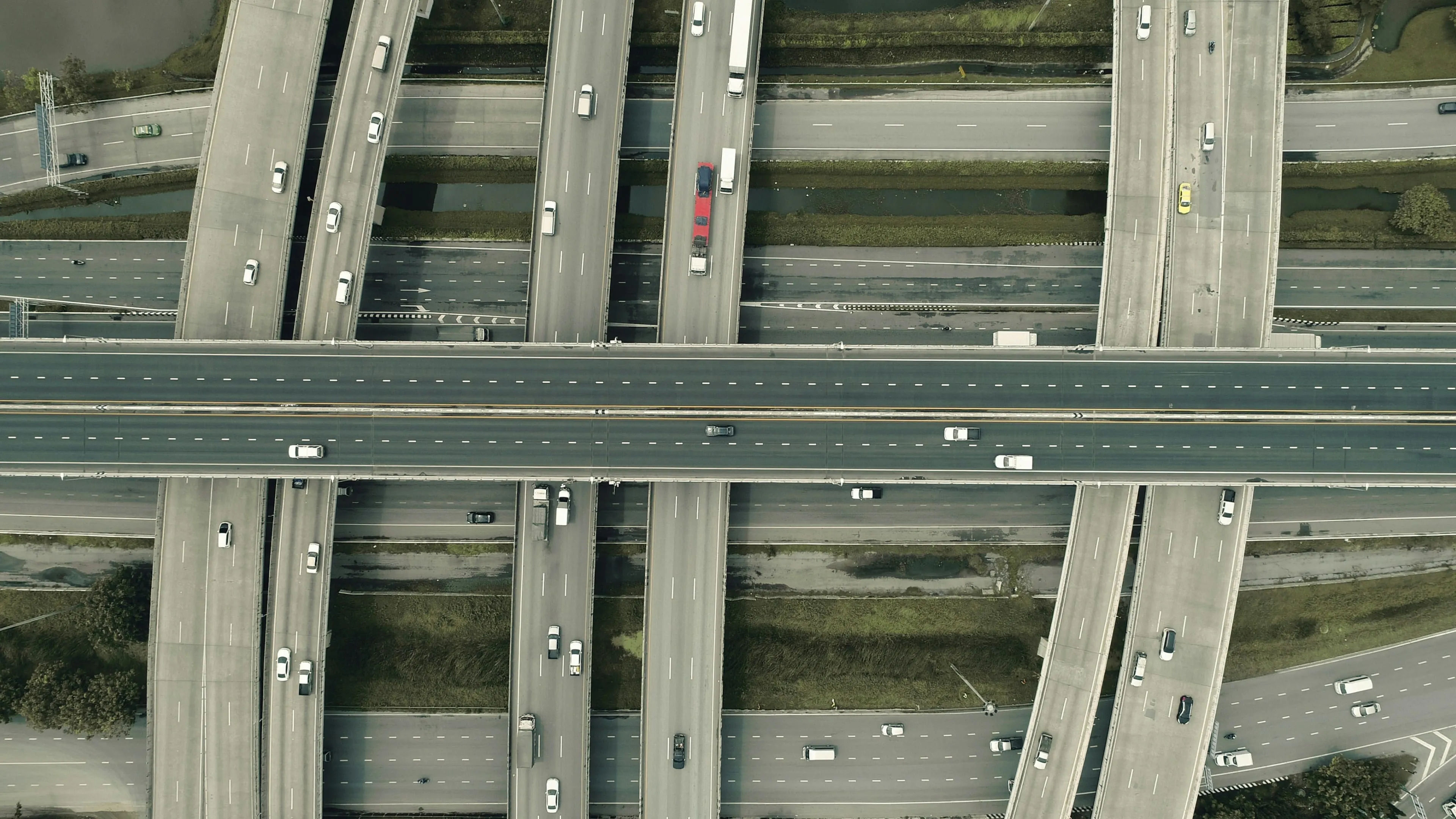

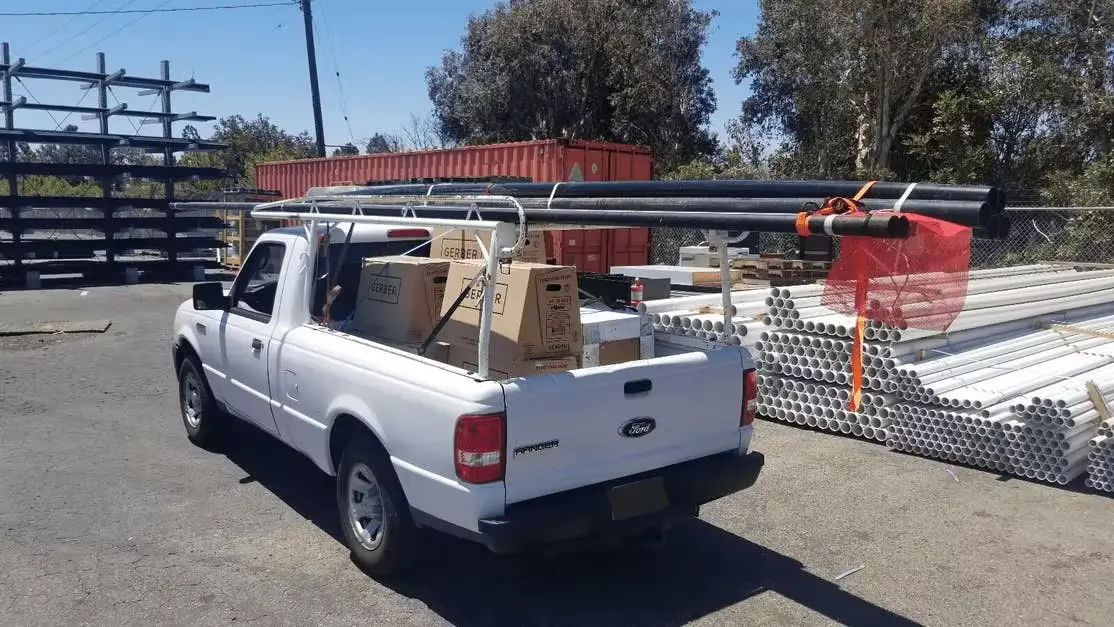

.webp)

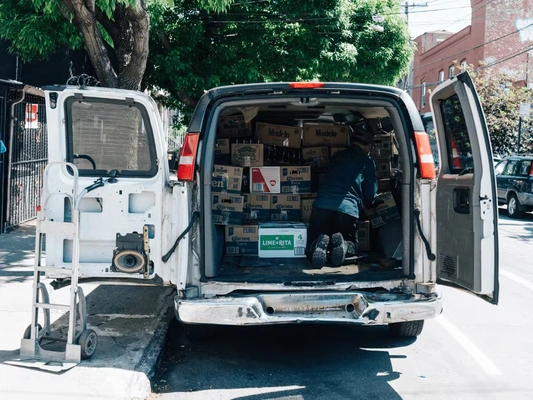

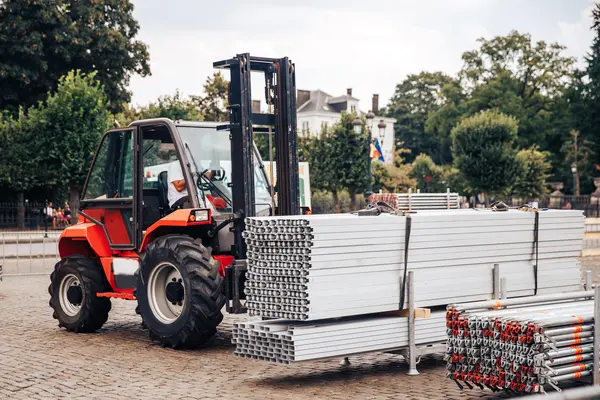
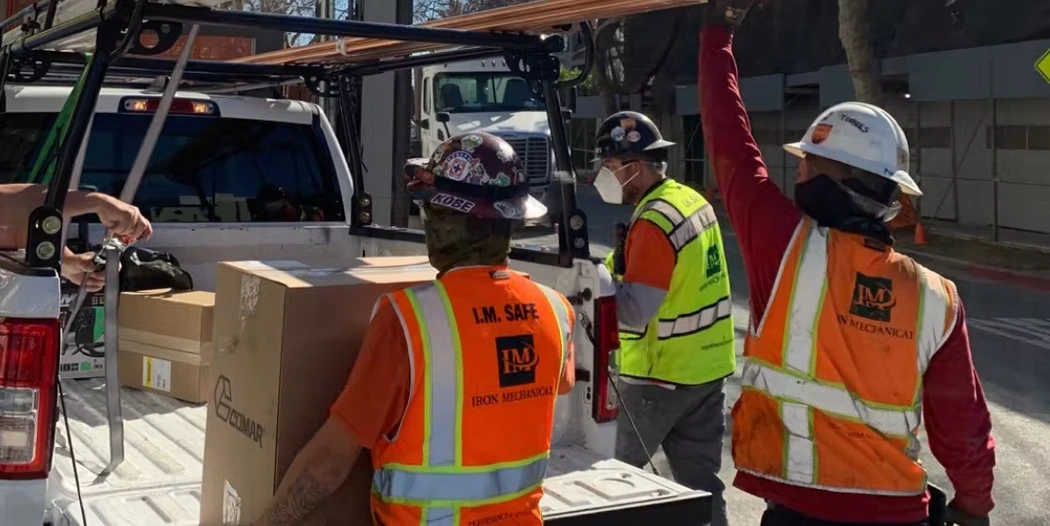
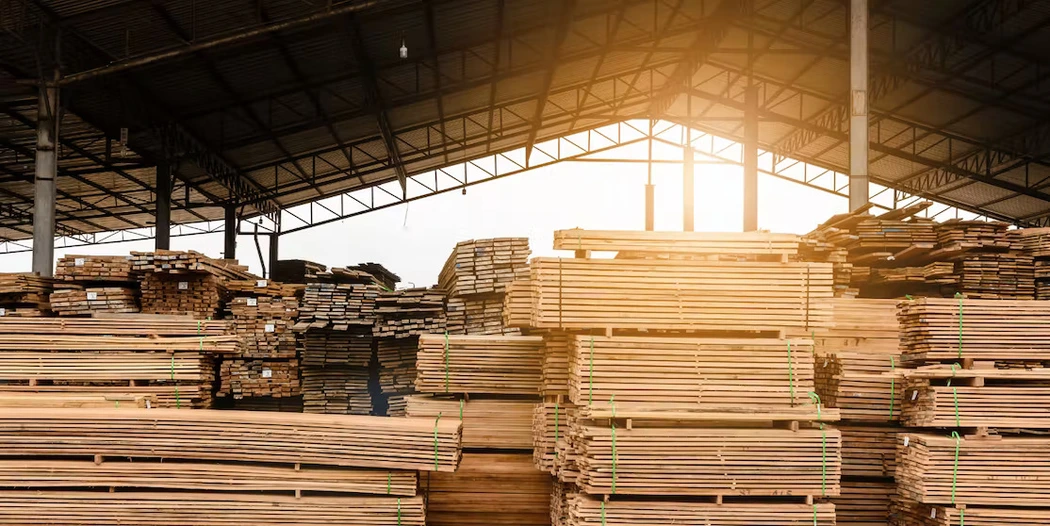




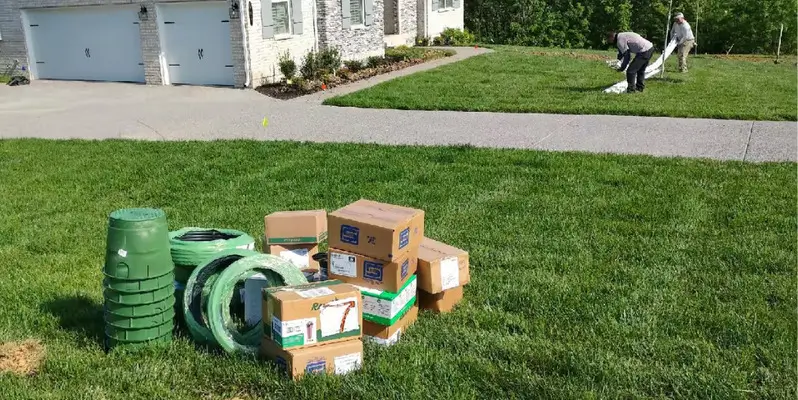
.webp)
-min.avif)


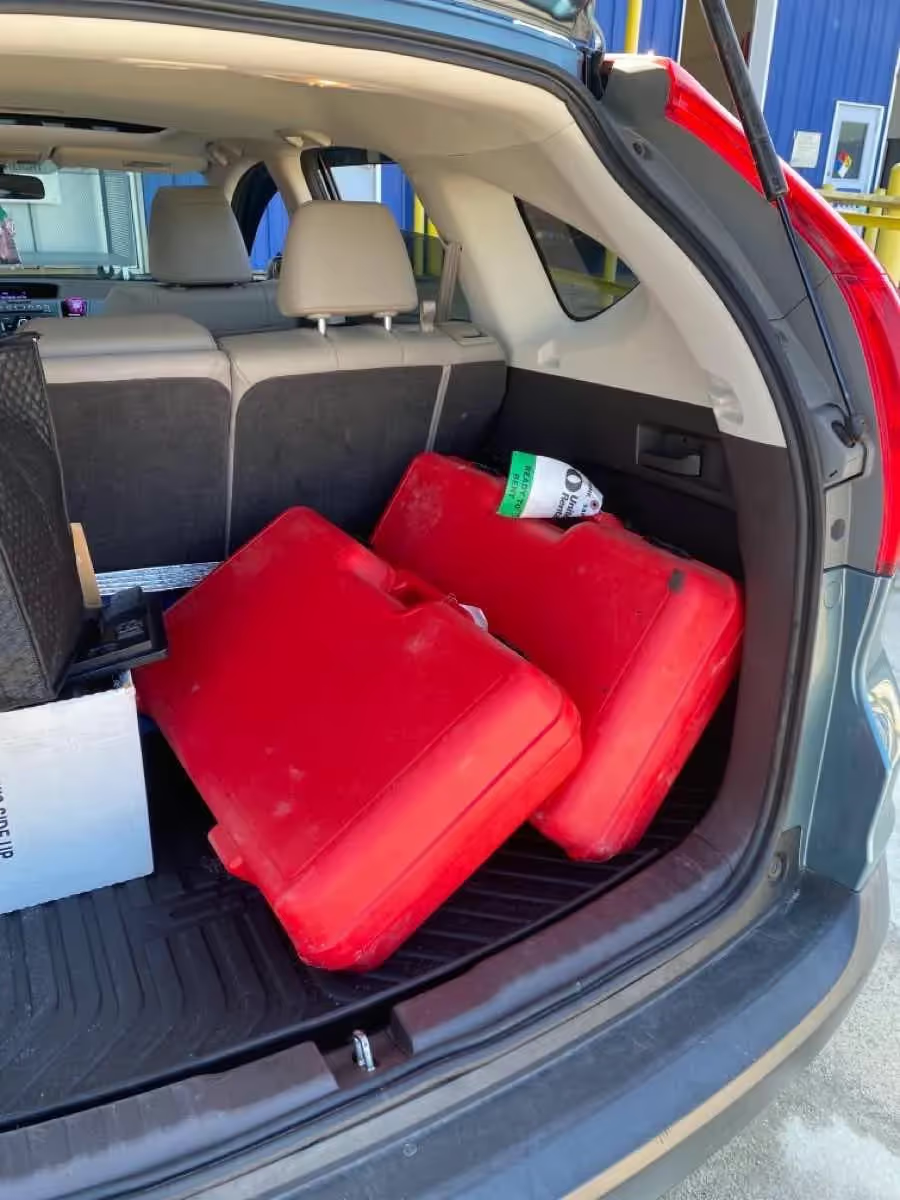

-min%2520(1).avif)

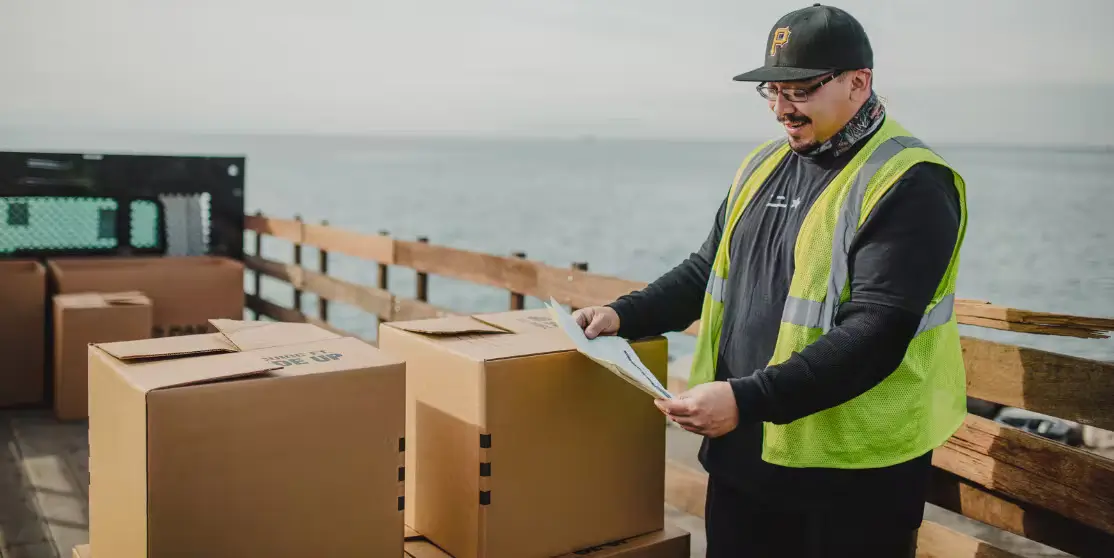
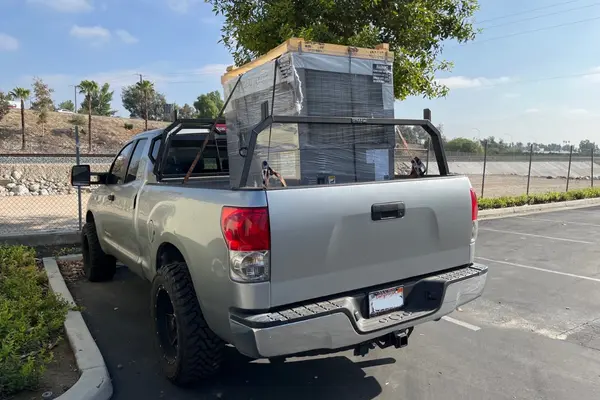


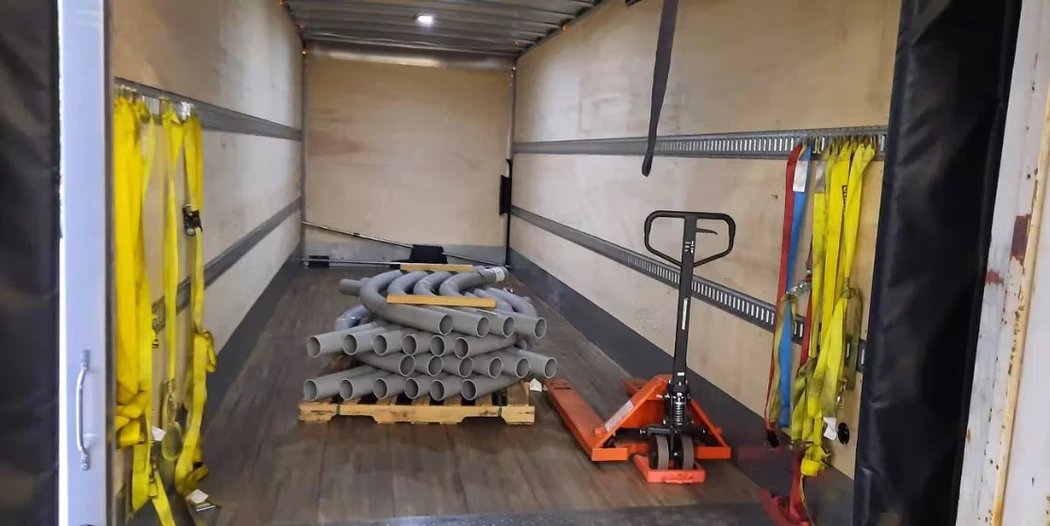
.avif)
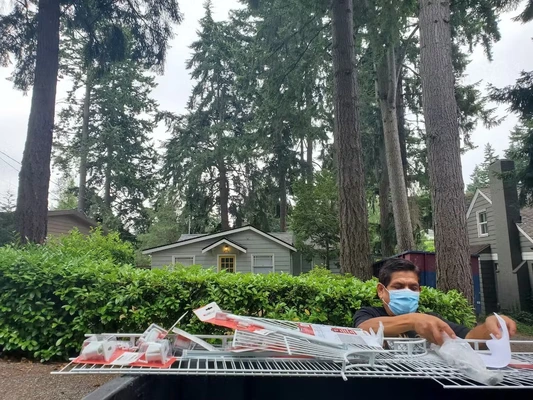

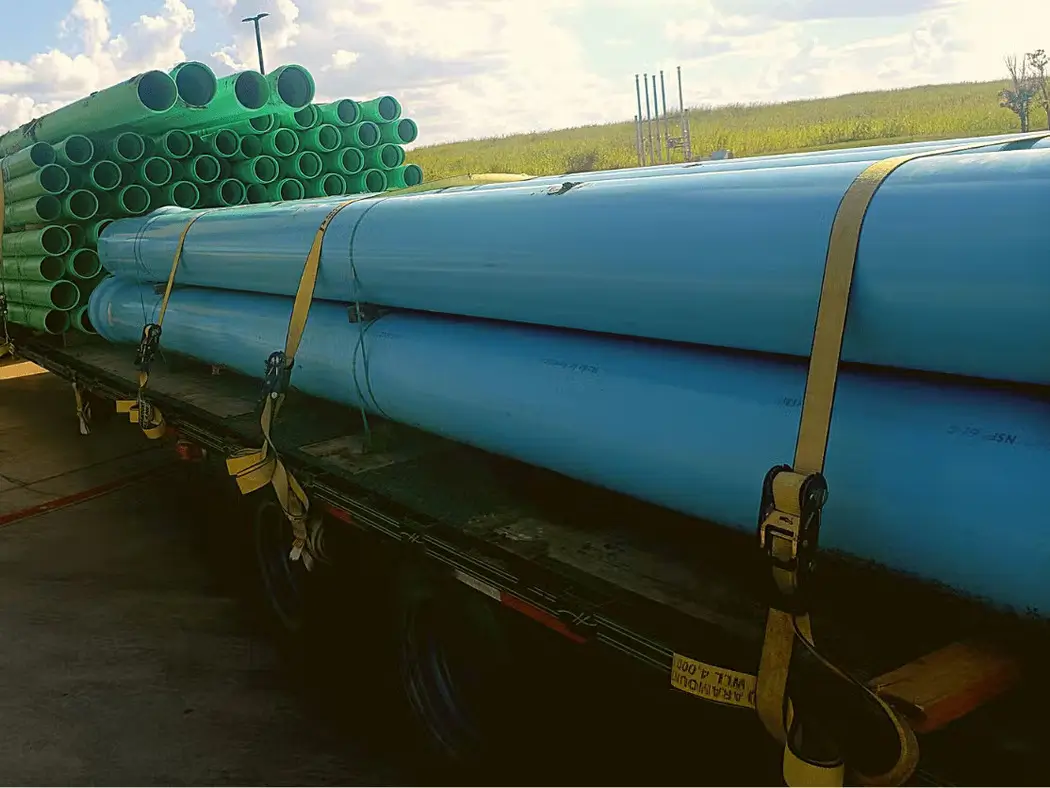
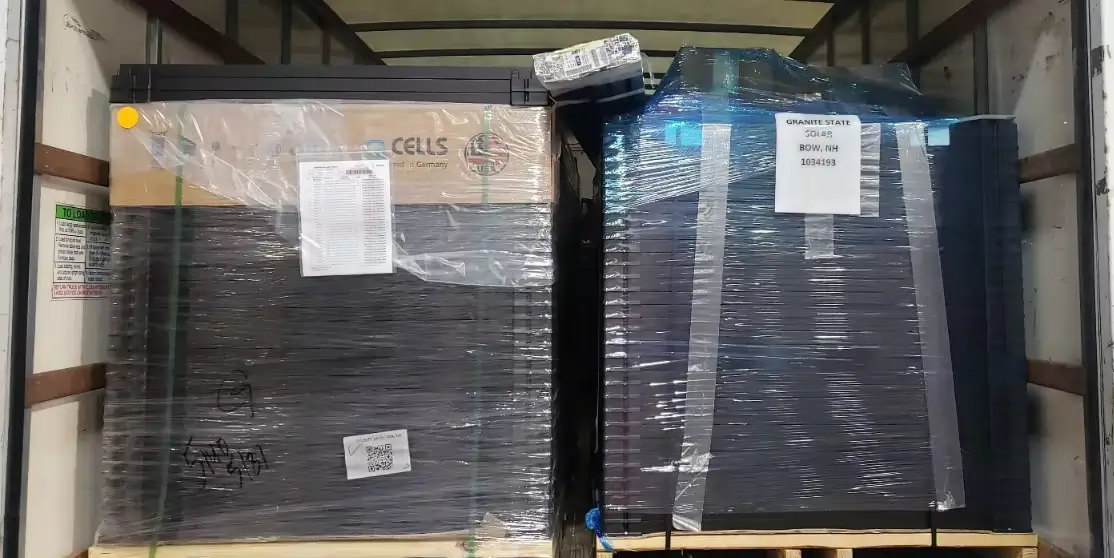
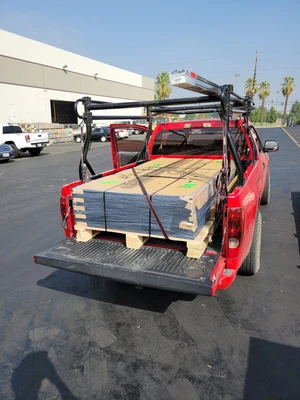
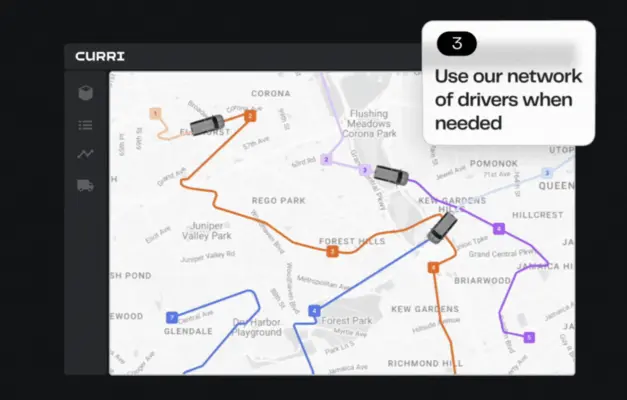


-min.avif)
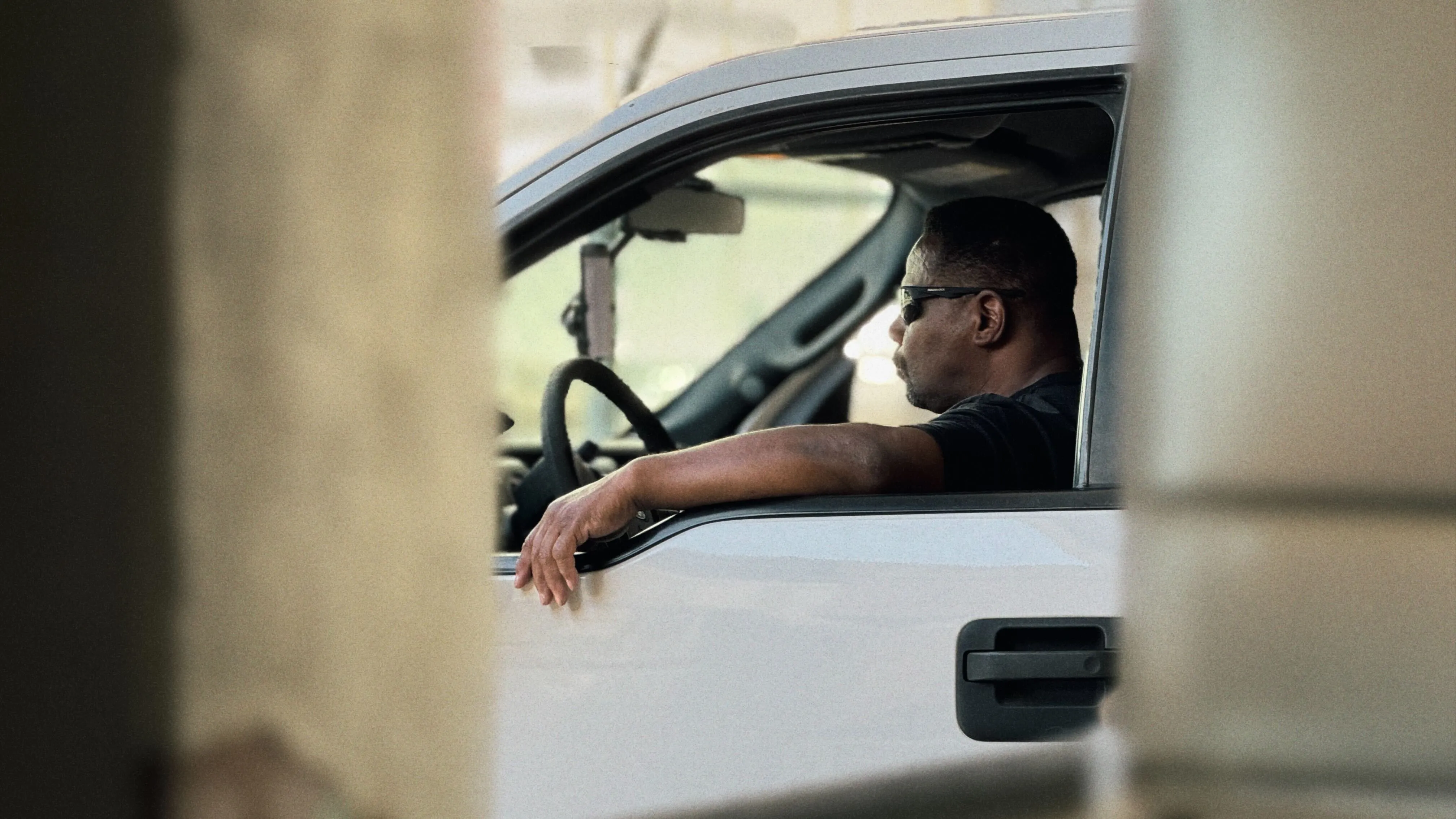


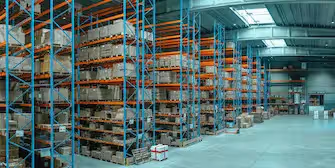
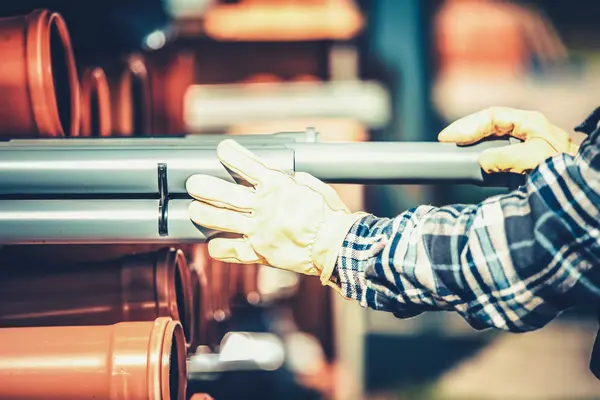
.webp)
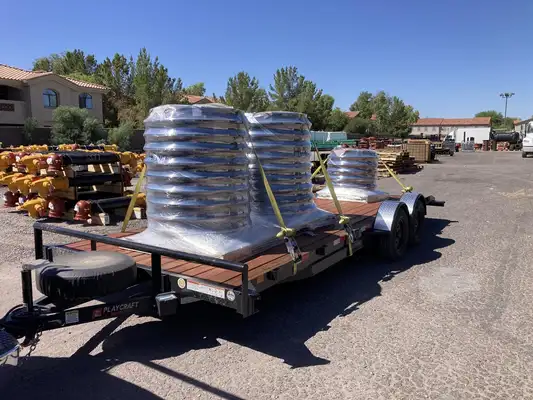
.webp)
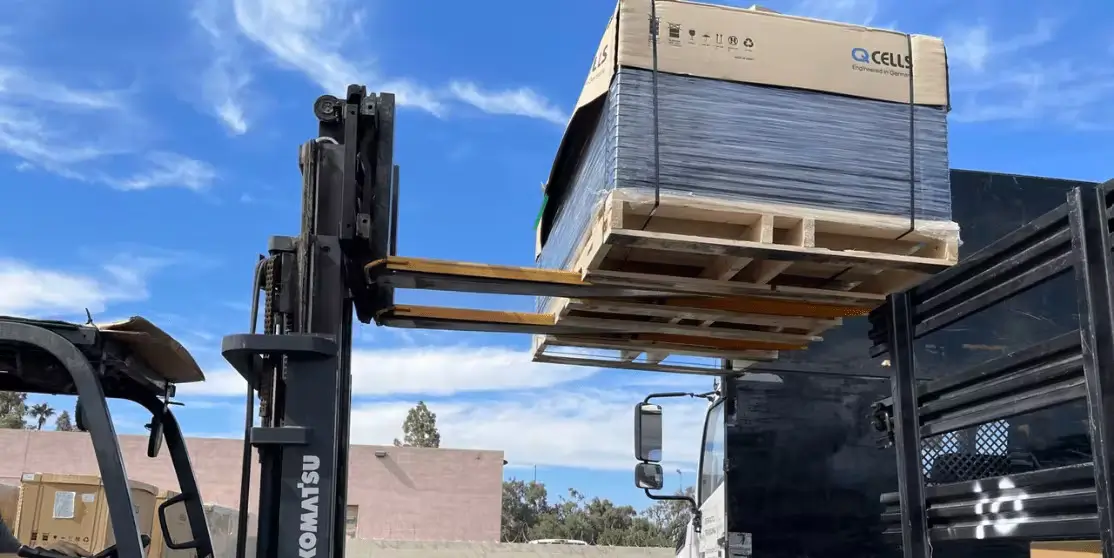
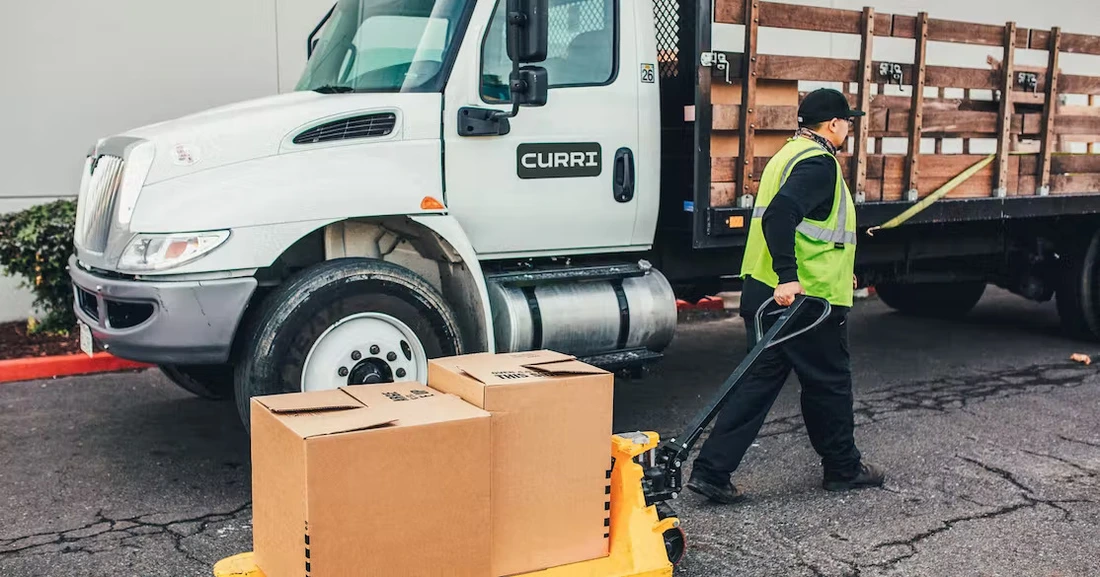
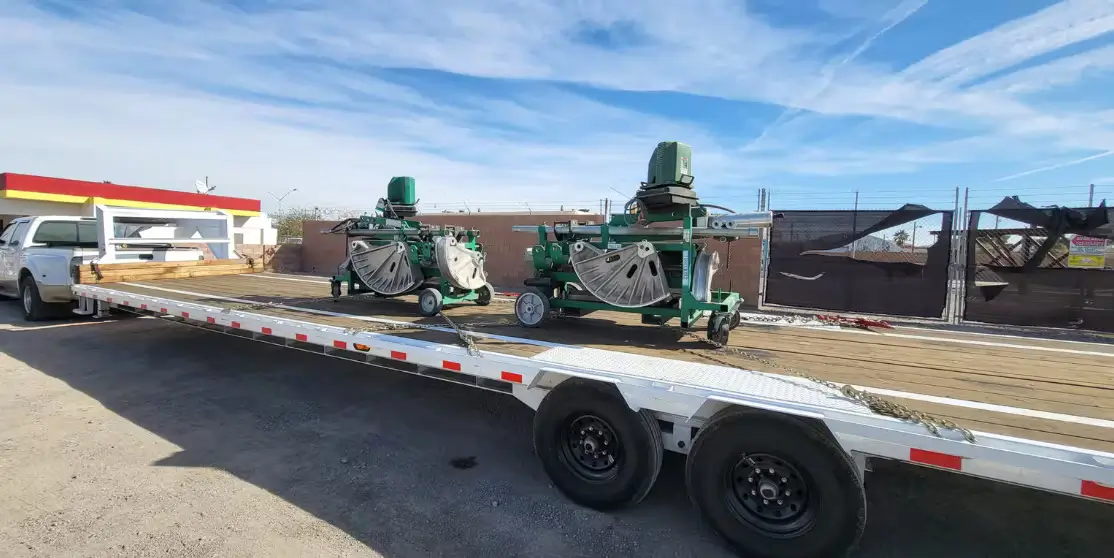
-min.avif)

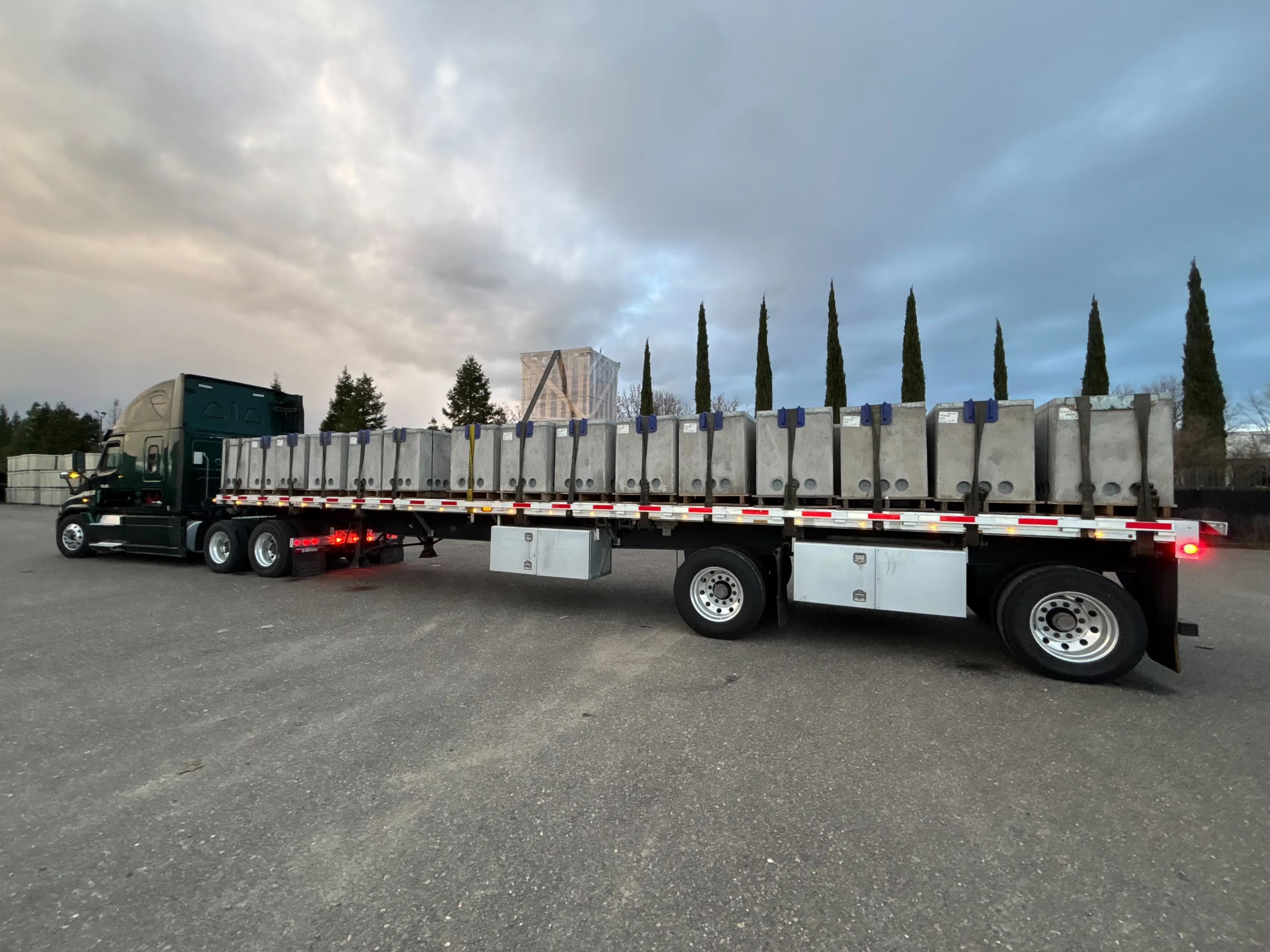

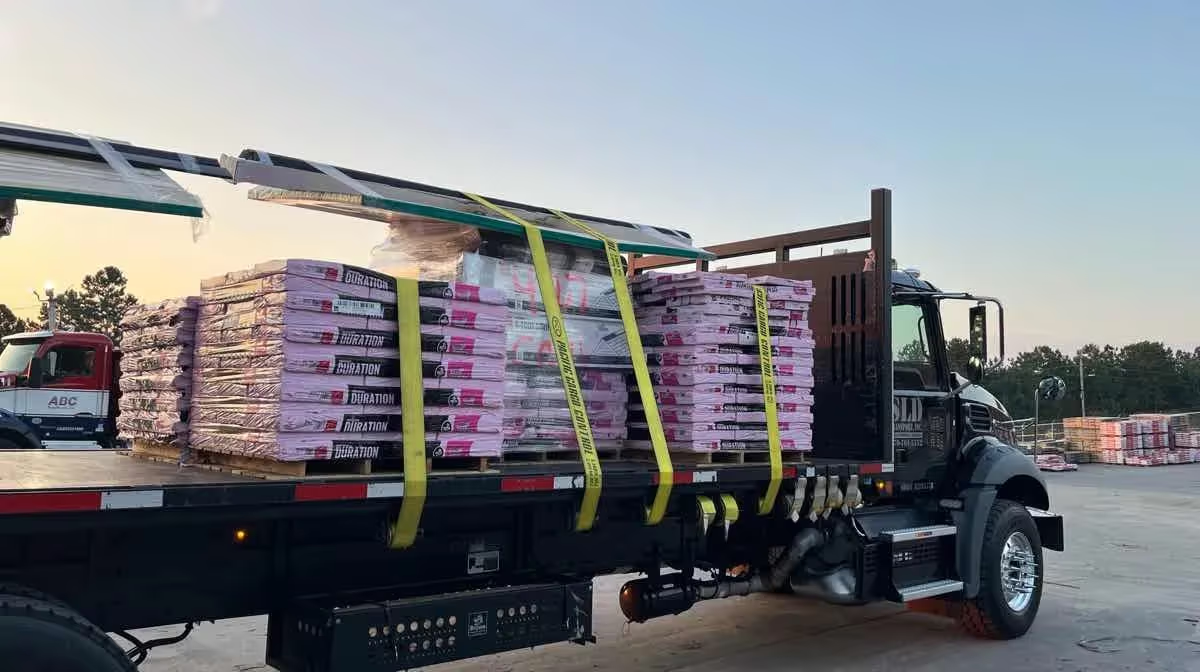
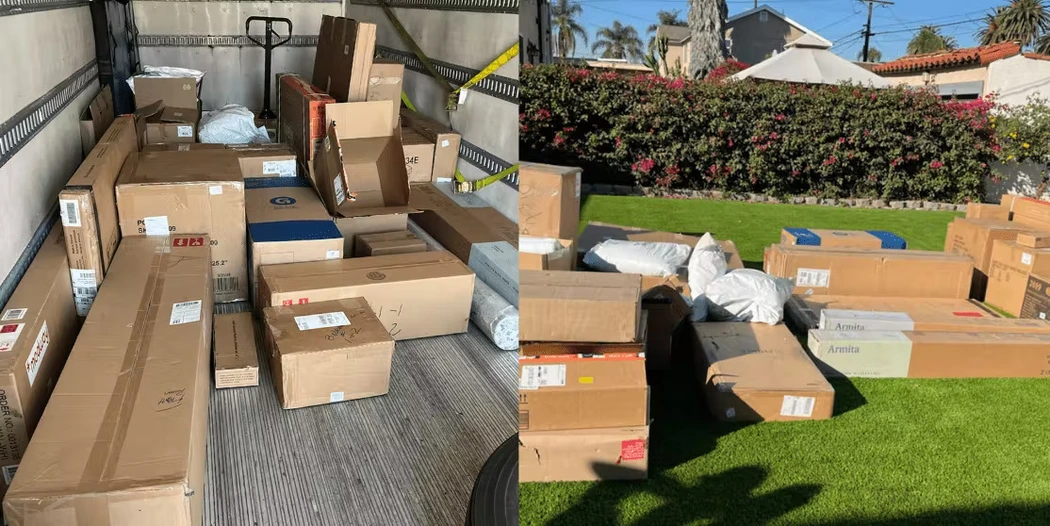
-min.webp)

.webp)
-min.webp)
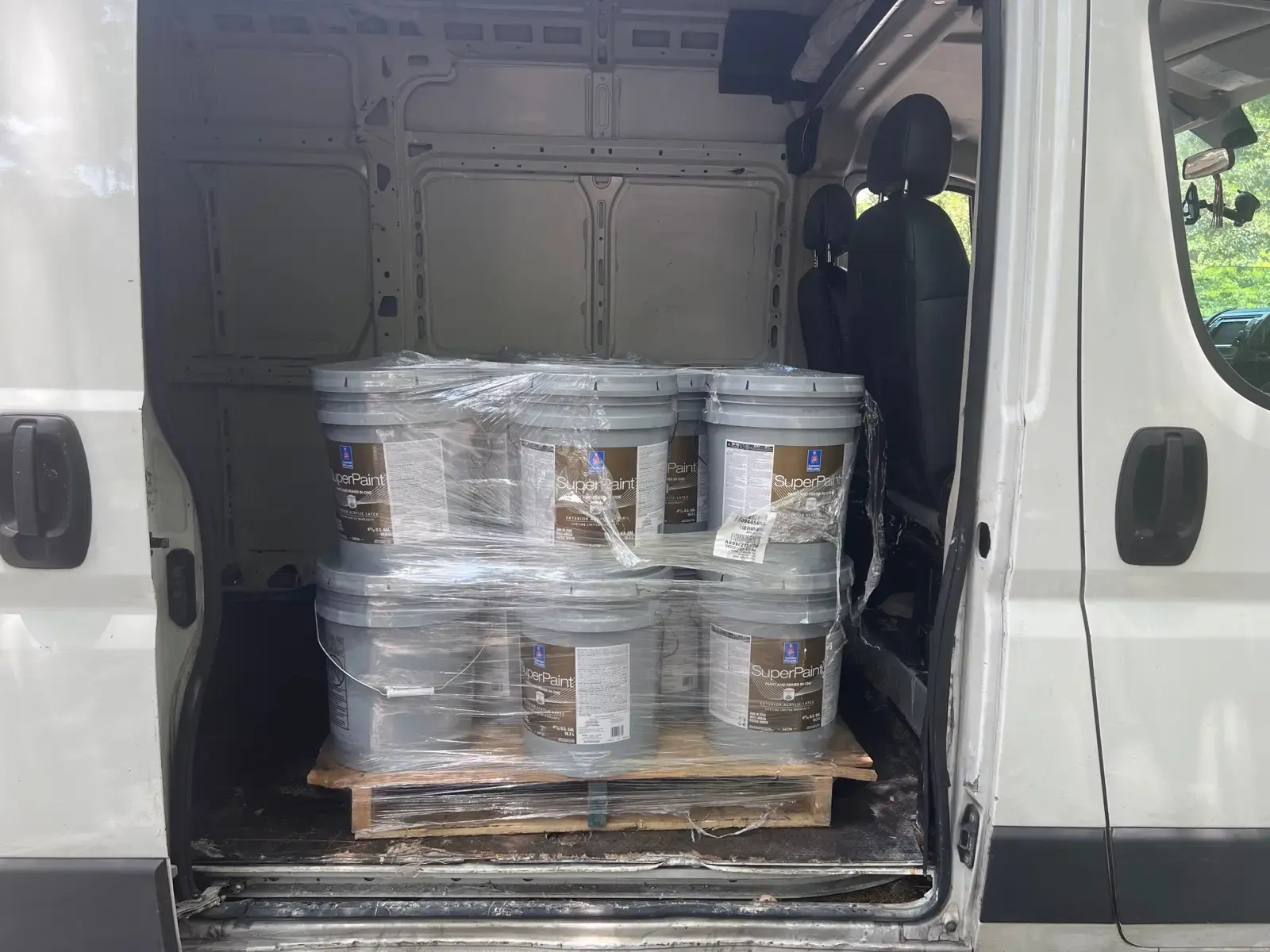
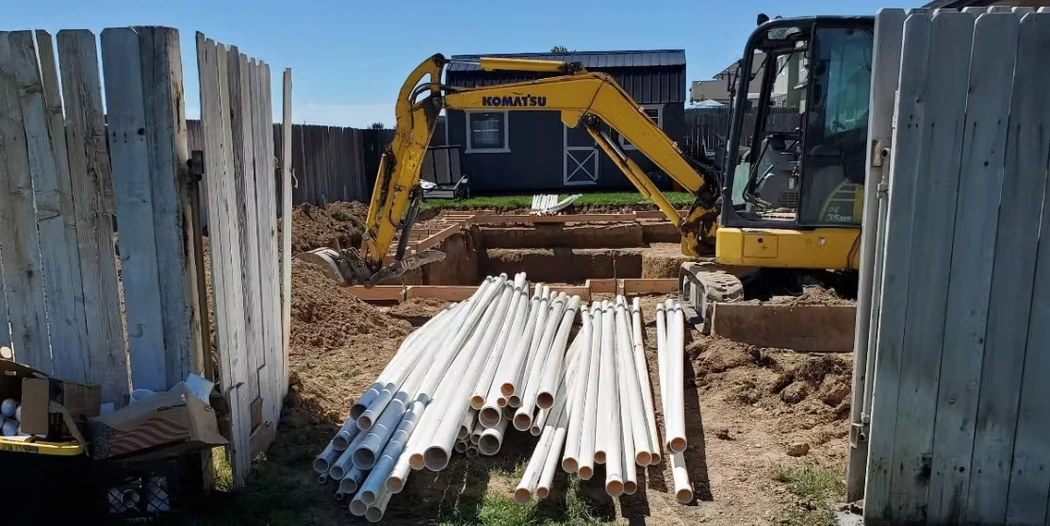

.webp)

.webp)
.webp)
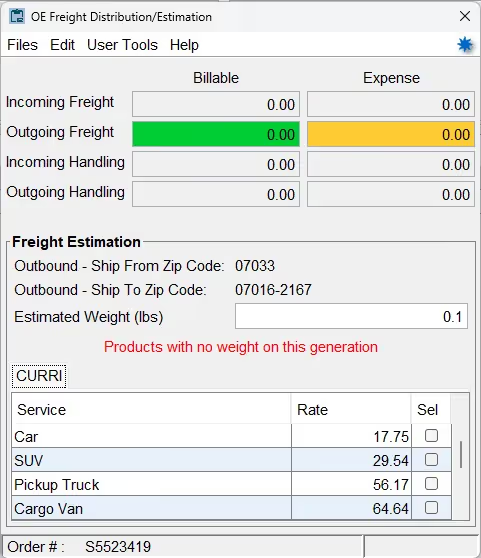
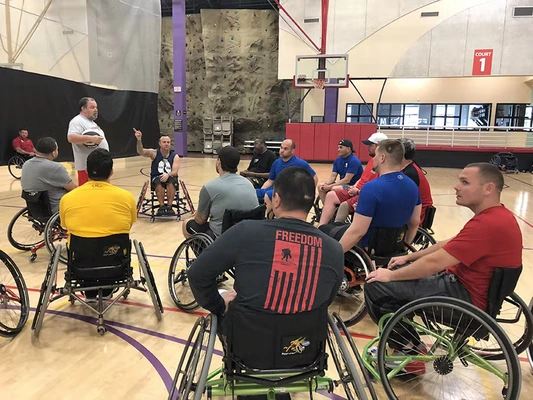
.webp)